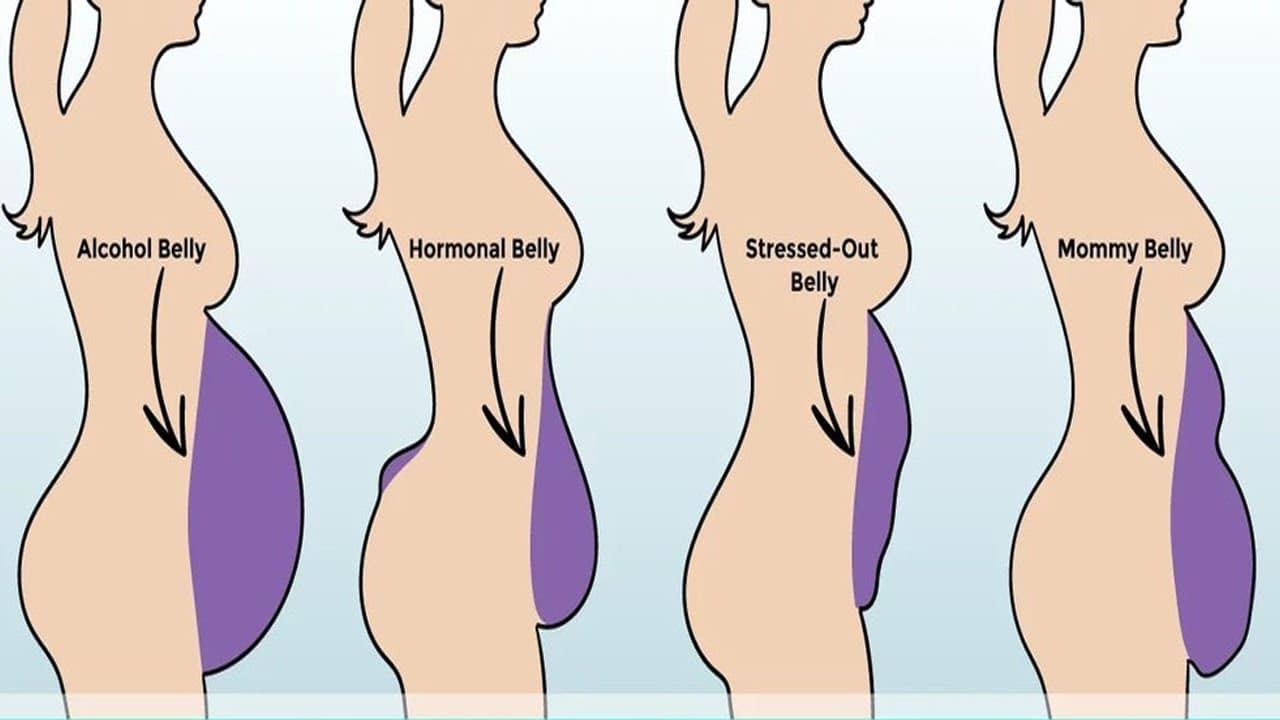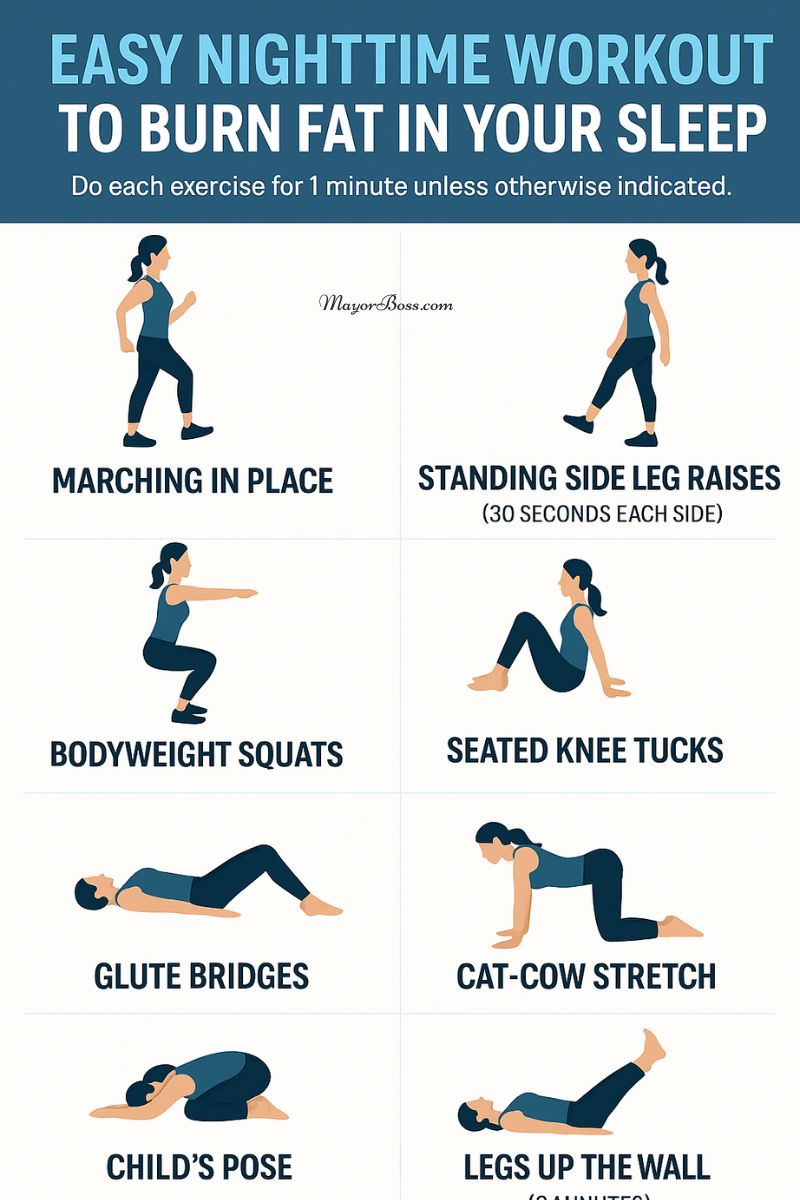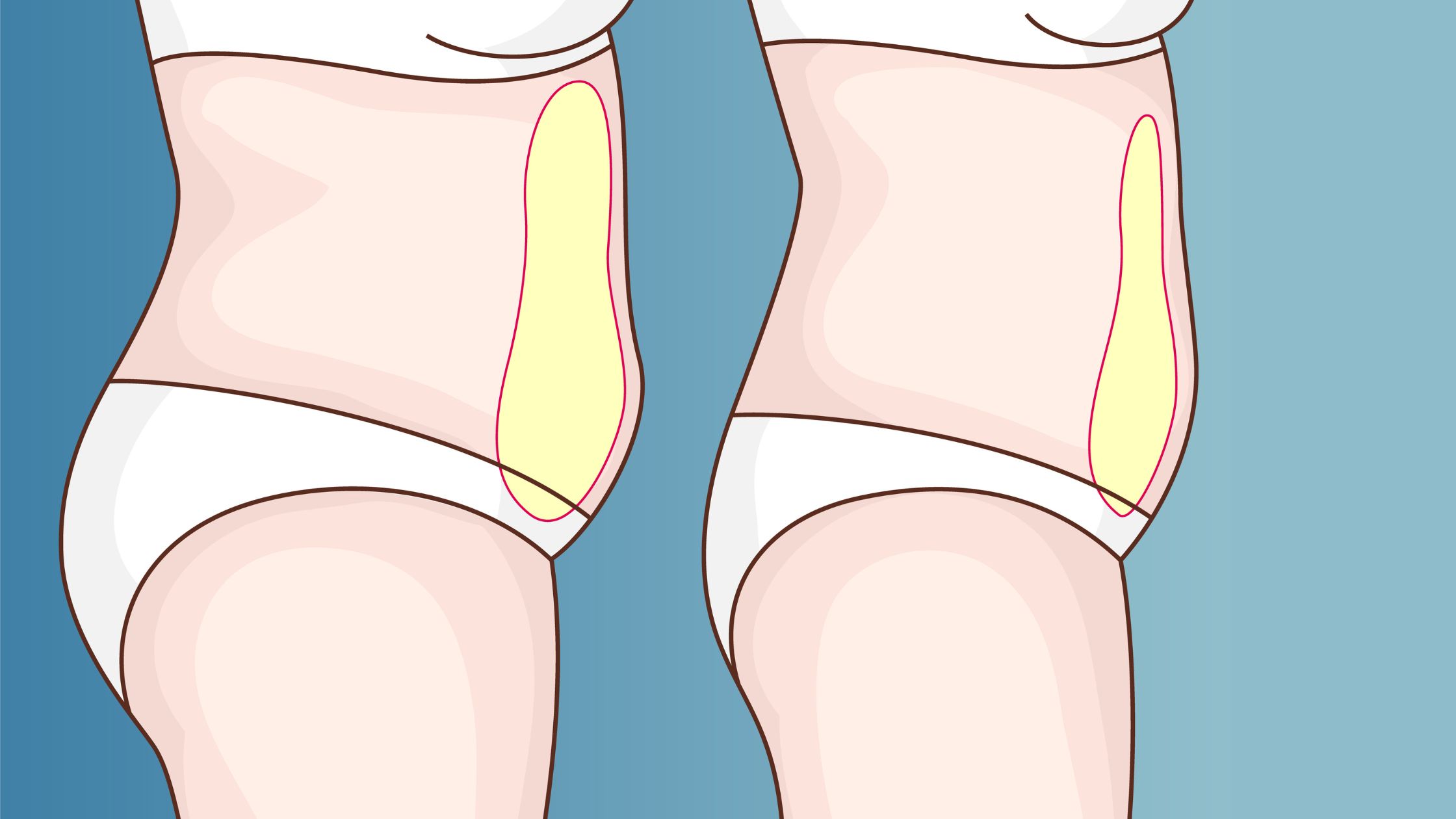15 Causes of Unexplained Weight Loss
Unexplained or unintentional weight loss means losing weight without trying. This can worry many people. When you lose weight without changing your diet or exercise, it might be a sign of another problem. In this article, we look at 15 possible reasons for unexplained weight loss. Knowing these causes can help you talk with your doctor if you notice changes in your weight.

1. Thyroid Disorders
The thyroid is a small gland in your neck that helps control how fast your body uses energy. When the thyroid works too hard (a condition called hyperthyroidism), your body burns calories faster than normal. This can cause weight loss even if you eat the same amount of food. Other signs of hyperthyroidism include a fast heartbeat, feeling nervous, and feeling too warm.
2. Diabetes
Diabetes is a condition where your body does not use sugar properly. In some cases, the body cannot use sugar for energy. To get energy, it starts to break down fat and muscle. This can lead to weight loss. Other symptoms of diabetes are feeling very thirsty and needing to use the bathroom a lot.
3. Gastrointestinal Disorders
Your digestive system is important for absorbing the nutrients from the food you eat. Some diseases, like Crohn’s disease, celiac disease, or ulcerative colitis, make it hard for your body to get these nutrients. When your body does not absorb enough food, weight loss can occur. You might also have stomach pain, diarrhea, or feel very tired.
4. Infections
Some infections can make your body use more energy than usual. Infections like tuberculosis (TB) or HIV can cause the body to work hard to fight the germs. This extra work can make you lose weight. If you have an infection, you may also notice fever, chills, or general weakness.
5. Cancer
Cancer is a disease where cells in the body grow out of control. According to the American Cancer Society, many types of cancer (lung, pancreatic, stomach, lungs, liver, and esophageal cancer) can cause weight loss. The body may use more energy to fight the cancer, or the cancer itself may stop you from absorbing food properly. Weight loss can be one of the first signs of cancer. It is important to check with a doctor if you lose weight without a clear reason.
6. Mental Health Conditions
Mental health is just as important as physical health. Conditions like depression and anxiety can change your eating habits. When you are sad or stressed, you might not feel like eating. Over time, not eating enough can lead to weight loss. If you feel sad for a long time or have trouble enjoying life, it is a good idea to speak with a mental health professional.
7. Eating Disorders
Eating disorders, such as anorexia nervosa and bulimia, can cause serious weight loss. These conditions change how you view food and your body. People with eating disorders may eat very little or may purge after eating.
8. Malabsorption Syndromes
Sometimes, the body cannot absorb food well. Conditions like pancreatic insufficiency or short bowel syndrome stop the body from getting the nutrients it needs. This means that even if you eat enough, you might still lose weight. Problems with absorption can also cause diarrhea and other signs of poor nutrition.
9. Chronic Obstructive Pulmonary Disease (COPD)
COPD is a lung condition that makes breathing difficult. When breathing is hard, the body has to work extra hard to get enough oxygen. This extra work burns more energy and can lead to weight loss. People with COPD often have a cough and may feel tired or short of breath.
10. Heart Failure
Heart failure means the heart does not pump blood as well as it should. When the heart is weak, the body does not get enough oxygen and nutrients. This can cause weight loss and other problems like tiredness and swelling in the legs.
11. Rheumatologic Diseases
Diseases like rheumatoid arthritis and lupus affect the joints and other parts of the body. These diseases cause inflammation and pain. The discomfort and the changes in the body can lead to a loss of appetite and weight loss. Many people with these conditions also feel stiff and have joint pain.
12. Medications
Some medicines have side effects that can lead to weight loss. Drugs used to treat conditions like depression or high blood pressure may reduce appetite or change metabolism. If you notice weight loss after starting a new medicine, talk to your doctor. They can decide if the medicine needs to be adjusted or changed.
13. Chronic Stress
Stress is a part of life, but long-term stress can affect your body in many ways. When you are stressed for a long time, your body releases chemicals that can lower your appetite. This can lead to weight loss. Learning to manage stress through methods like exercise, talking to a friend, or counseling can help.
14. Substance Abuse
Abusing substances such as alcohol or drugs can change the way your body works. These substances may make you eat less or stop your body from absorbing nutrients correctly. Substance abuse can also harm other organs in your body. Getting help to overcome substance abuse can lead to better health and a healthier weight.
15. Endocrine Disorders
The endocrine system is made up of glands that produce hormones. Hormones control many body functions, including metabolism. Disorders in this system, such as adrenal insufficiency, can cause the body to lose weight. With these disorders, you might feel very tired, weak, or have low blood pressure.
Managing Unexplained Weight Loss
The treatment for unexplained weight loss depends on the cause. For thyroid problems or diabetes, medications may help control the condition. For problems with the gut or absorption, a doctor might recommend special nutrition or vitamins. If mental health issues are causing weight loss, counseling or therapy may help. Always follow your doctor’s advice and keep track of any changes in your weight, appetite, or energy levels.






